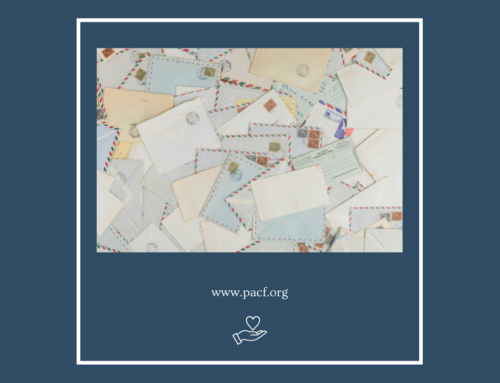[quote]We recently wrote about donor intent, and the obligations that attend restricted gifts, in the context of gifts of valuable visual art. A recent case brings the issue closer to home.[/quote]
The front page of the August 6th edition of the Times of Trenton reports that nonprofits must now, by law, honor a donor’s stated intent—and can be required to return a donation if the gift is not spent in accordance with donor wishes.
The Association of Fundraising Professionals publishes ethical guidelines for the field, which say:
If your organization wants to request a change regarding the restricted use of a gift, you must communicate with the donor about the gift. If the donor has passed away, the appropriate next step is to communicate with the donor’s family/living heirs. If no family members are alive, then you should contact the state executor to request the change. If none of the above exist, you can seek guidance from the courts or legal system.
The court case of Adler v. SAVE, decided August 5th in New Jersey Superior Court Appellate Division, now codifies this commitment—which is universal in nonprofit and fundraising ethics and practice—as state law.
Without knowing the details of this case, we can only express dismay that a rift occurred between a committed donor and a nonprofit.
We offer here our thoughts about the relationship between donors and nonprofits—and how to facilitate gifts that are clearly understood and honored over time.
FOR NONPROFITS
- Be willing to say no. If a donor expects you to direct a donation to a project or purpose that isn’t aligned with your mission or current priorities, walk away. If there are too many strings attached, don’t overpromise; find ways to negotiate the terms of a gift so that you retain some flexibility if circumstances change, but the contributor’s essential values and goals are preserved.
- Keep donors in the loop over time, especially as your organization undergoes important changes. No one expects organizations to plow ahead without adapting to new realities or needs. If a donor believes in your mission and trusts your judgment, he or she may be flexible if your needs change—but only if they feel informed.
- Know your donors. If a major gift is a donor’s first or largest contribution, be aware that a greater level of engagement and discussion may be needed to ensure that the donor feels well-informed, and that his or her wishes are clarified in a contract or pledge form that takes lots of variables into account, and stands up over time.
- If asked, give the money back. Donations are generally not worth a public disagreement.
FOR DONORS
- Give an unrestricted gift. If you want to invest in a nonprofit’s mission, and believe the organization is capable and responsible, give it the freedom to change course and direct dollars where they are needed most.
- Consider the future. When making a donation that is intended for a specific purpose, consider whether factors might change over time to make such a gift impractical—such as a change in the need addressed by the nonprofit’s work, or in the organization itself (a leadership change or merger). Who will make decisions about the use of the gift if you’re no longer able to clarify your wishes?
- Focus on goals and values. Be clear about what you want your gift to support and achieve.. If your agreement with a nonprofit affords some of flexibility, your gift can do more good in the long run.
- Get it in writing. To ensure that the nonprofit’s leadership has a clear understanding of your intentions, make sure they are committed to paper. If the nonprofit creates this document, read it carefully and amend it until you are satisfied.





